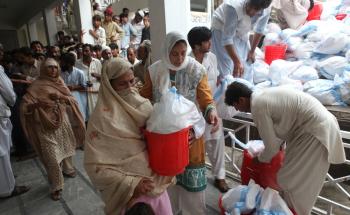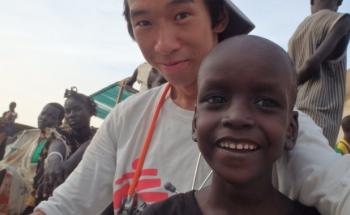
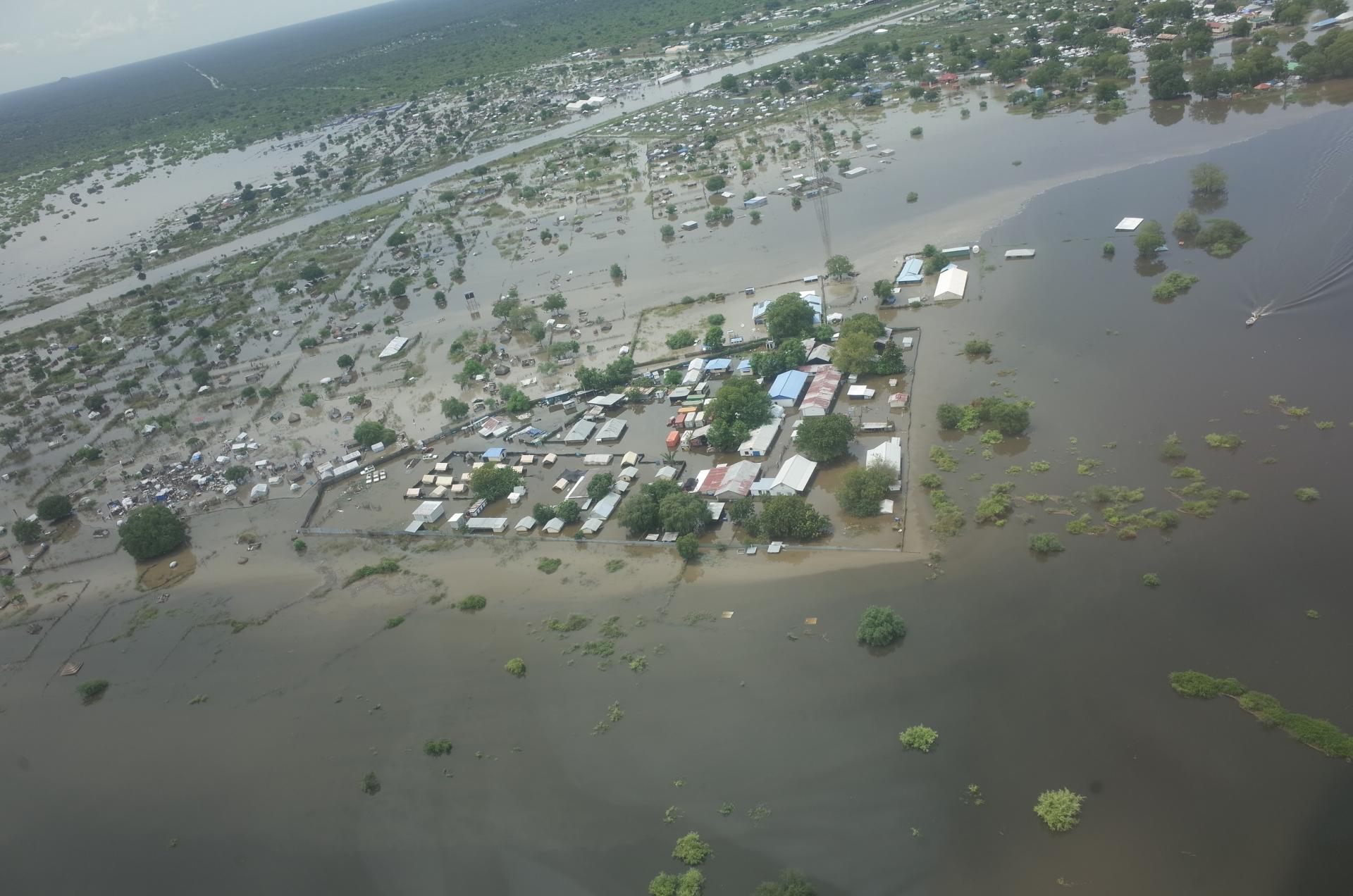
Every Second Counts
South Sudan flooding makes a dire humanitarian situation worse
The government of South Sudan has declared a state of emergency in 27 flood-affected areas across the country, which are estimated to have affected between 800,000 – 900,000 people.
In Pibor, one of the worst affected areas the town is completely submerged. Water levels are continuing to rise and living conditions for the displaced population are deteriorating. The space is increasingly congested, thick with mud, has no latrines and just one functioning borehole. Some people are left with no alternative but to drink from the same open and contaminated water sources as they are washing in.
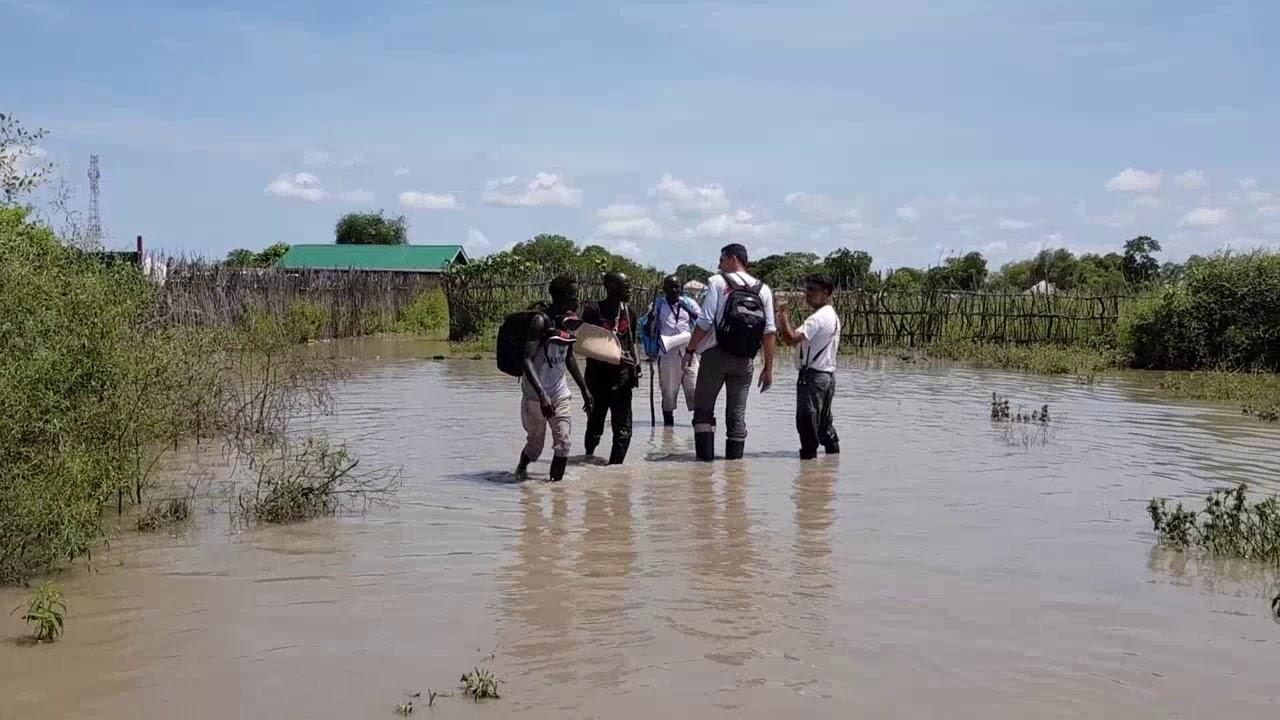
South Sudan Flooding
Waterborne diseases: a major health concern
With water levels rising and water sources becoming contaminated, the risks of deadly outbreaks like Cholera and hepatitis A are high.
In South Sudan, malaria is already the biggest killer of children under five, and where MSF currently treats close to 300,000 patients for it per year, any increase in this vector-borne life-threatening disease (from flooding) will have grave consequences for people cut off from access to care.
The funds raised through your generosity help us quickly deploy much-needed medical professionals, equipment, and materials to areas that have been hardest hit.
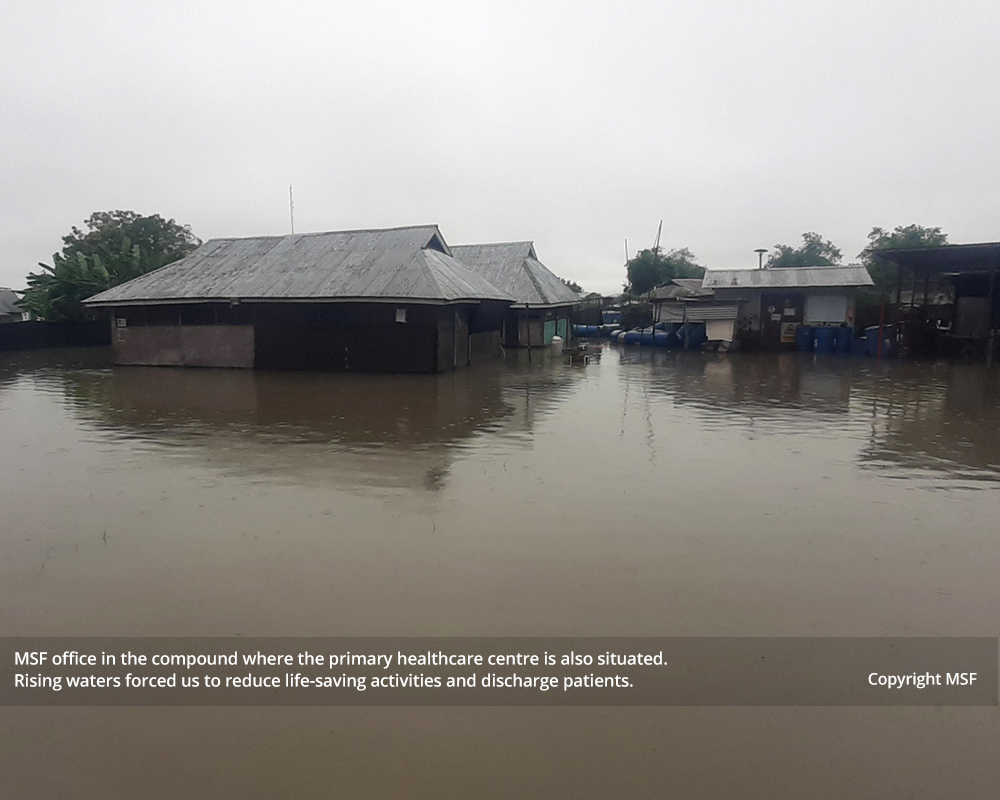
Doctors Without Borders (MSF) has worked in South Sudan since 1983, bringing medical care to many parts of the country where access to healthcare and other humanitarian services remains limited. MSF currently operates 15 projects throughout South Sudan and we are able to respond quickly to medical emergencies, delivering medical assistance based on need and irrespective of race, religion, gender or political affiliation.
We have no idea how long the floods will last – in 2017, the floodwaters took three months to subside – and right now the water is still rising. There are so many challenges and we cannot do this on our own. Donate today to support the South Sudan Emergency.
